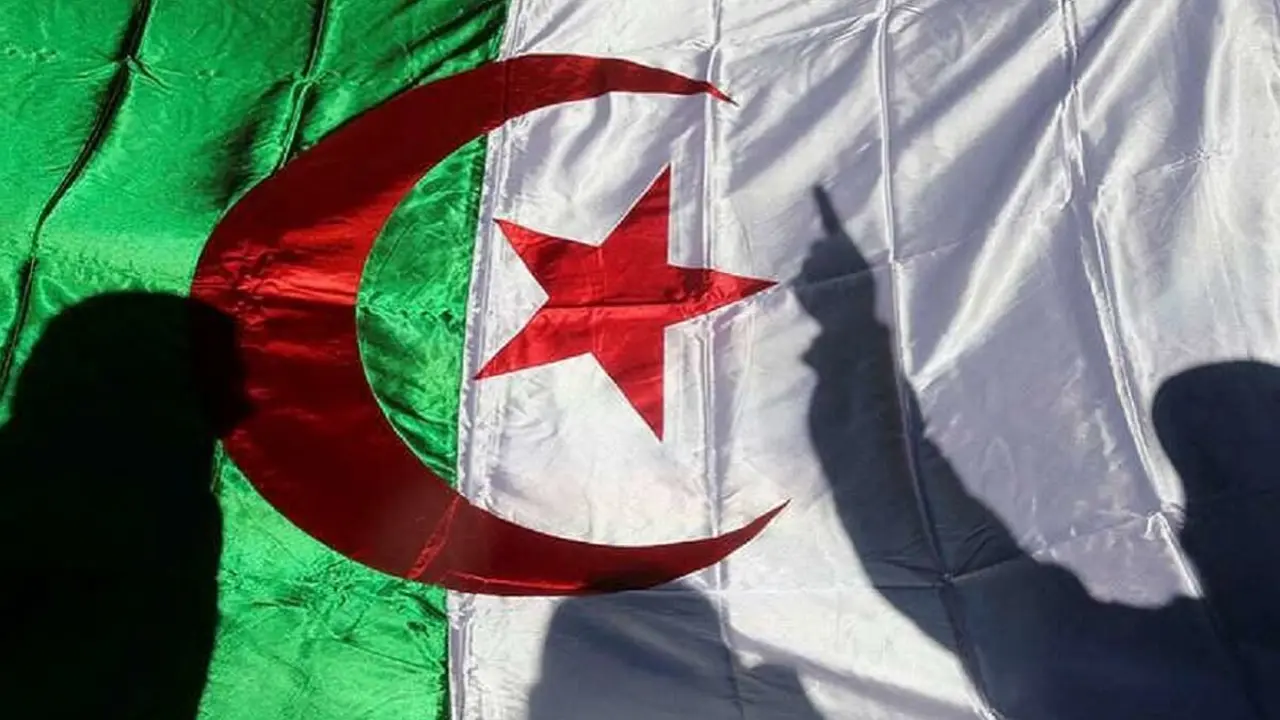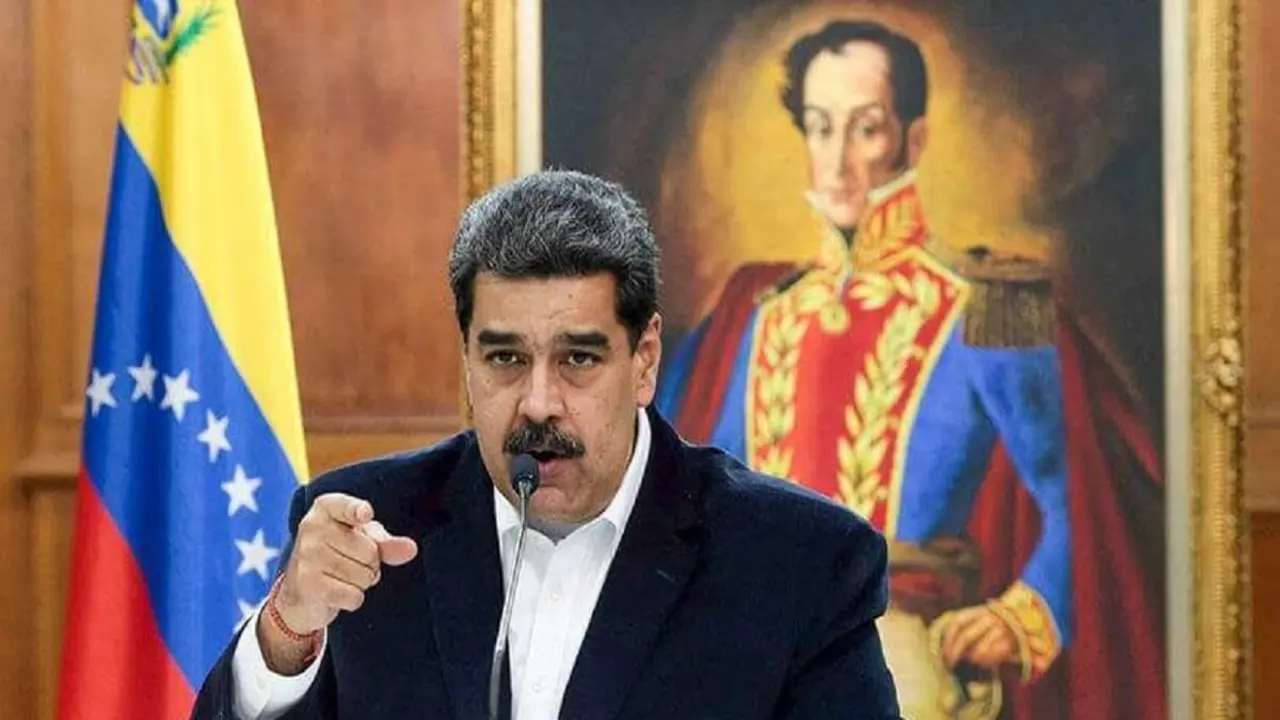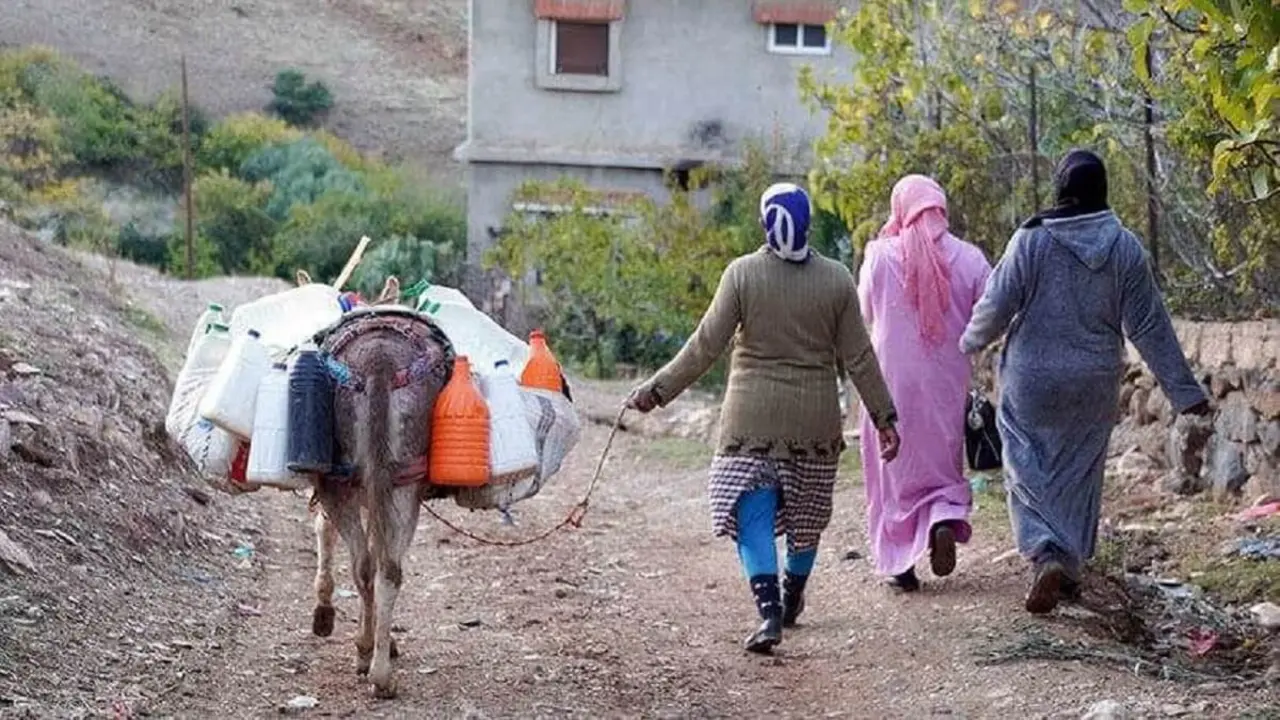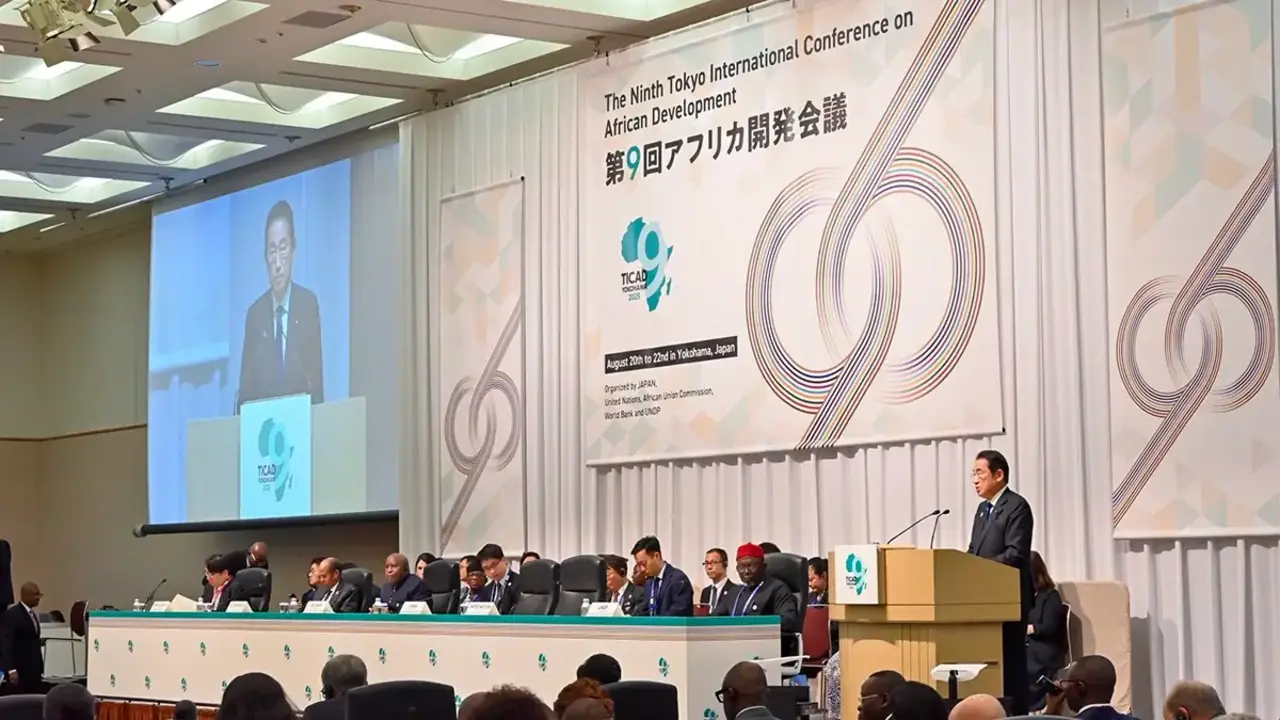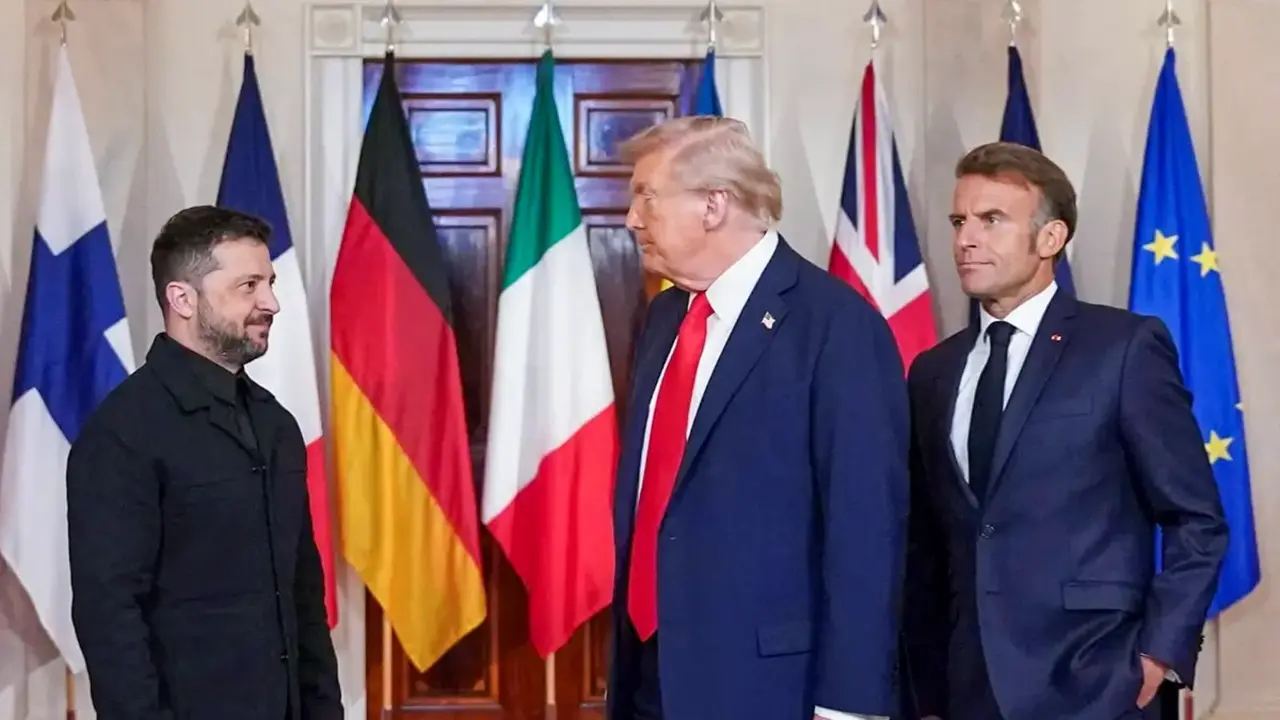Erdogan's model continues to lose public support in Turkey

A new opinion poll conducted by a Turkish research company revealed that the percentage of those opposed to Recep Tayyip Erdogan's presidential system in Turkey has increased to 59.9%.
The media opposing the current Cumhuriyet regime referred in this way to the data provided by Kemal Ozkiraz, president of the research company Eurasia, in the latest survey carried out by the agency, which shows a negative trend of the presidential figure in terms of popular public opinion.
The study was based on several questions asked to the respondents, regarding leaders and leaders of the different parties. The results showed that 37.8% of respondents supported Recep Tayyip Erdogan, president of the ruling Justice and Development Party (AKP), while 42.1% rejected him. In other words, there are more Turkish citizens who do not support the attitude of the Ottoman leader towards those who do. Meanwhile, the percentage of fans of Kemal Kilicdaroglu, head of the Republican People's Party (CHP), the largest opposition party, was 32.4%, with 46.3% of people who did not support him.
Another question raised by the survey regarding participants' expectations was whether a referendum would be organized to choose between the parliamentary system and the current presidential system, and what the answer would be. There, the figure of 59.9% of those surveyed who reject the current presidential model, which is closely linked to Erdogan's leadership, stood out.
Another question raised by the survey was whether citizens expect early legislative elections or not. Here, 56.4% said no and 33.5% answered yes, while the percentage of undecided was 10.1%.
In response to the question of whether Erdogan will win the election, 44.9% of respondents said yes, compared to 45% who said no. 9.4% said this issue depends on the other candidates.
Last July, a report revealed the conditions the country had reached after two years of the presidentialist government imposed by Erdogan in 2018 despite all the warnings of his misfortunes. The paper was published by the German media Deutsche Welle in its Turkish version and stated that the Turkish economy is experiencing great losses due to the current model and that there are fears of a further decrease in national income, high unemployment rates and that the vision of the country by foreign investors will continue to worsen significantly, as also reported by the media Al-Ain News.
The latest poll comes at a time when Erdogan's change to a presidential system that replaced the previous parliamentarian has already taken hold. This has brought a greater concentration of power in the hands of the 'sultan' which is generating a lot of controversy for his way of running the country.
The Eurasian nation is going through serious internal problems; it is undergoing a great economic crisis, with a strong devaluation of the Turkish lira and with social and political divisions that the Erdogan regime is trying to calm down in a forceful way. In Turkey, political representatives have been arrested on charges of having links with the guerrilla group of the Kurdistan Workers' Party (PKK), an organization declared terrorist by Turkey when it was accused of carrying out attacks in the south of the national territory. In this regard, several leaders of the People's Democratic Party (HDP) were arbitrarily arrested for links with the Kurdish organization. The Turkish government has also carried out arrests within the army against hundreds of elements accused of a supposed relation with the 2016 coup d'état and also for links with the opposition cleric Fethullah Gülen; in what many analysts see as a purge within the armed forces. The current government also introduced a bill aimed at increasing government influence on the leadership of the bar associations in order to further influence the administration of justice.
This is on an internal level. Externally, Turkey maintains a strong belligerent position in order to gain a better geostrategic position in the Middle East and the Mediterranean, and to obtain profits from the exploitation of natural resources such as gas and oil; above all, through direct intervention in the wars in Syria and Libya, where it even takes part by sending paid mercenaries, some of whom are linked to groups that have been linked in the past with jihadist terrorist entities such as Daesh and Al-Qaeda.



